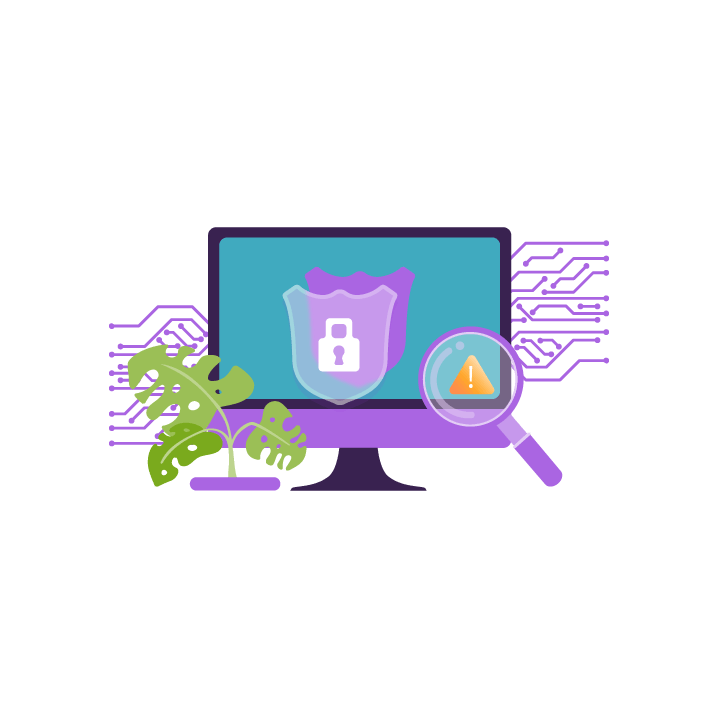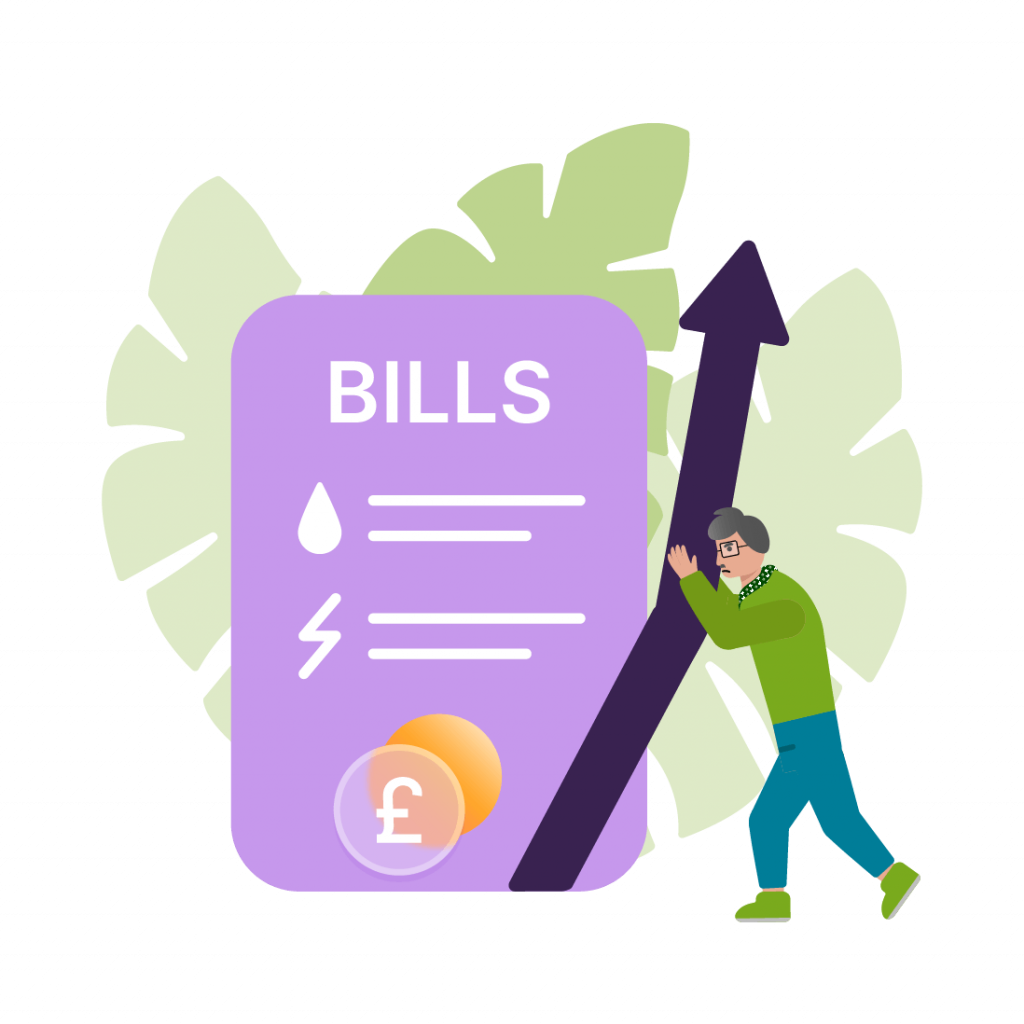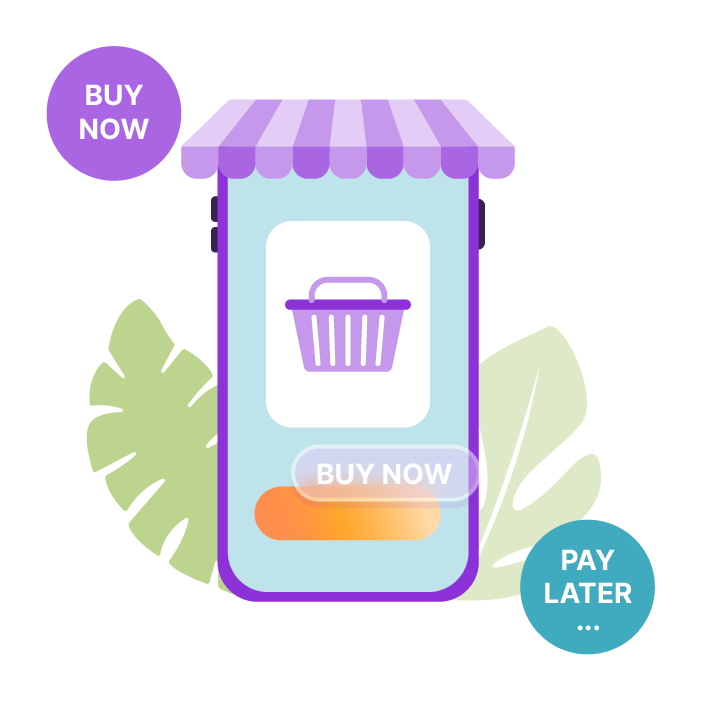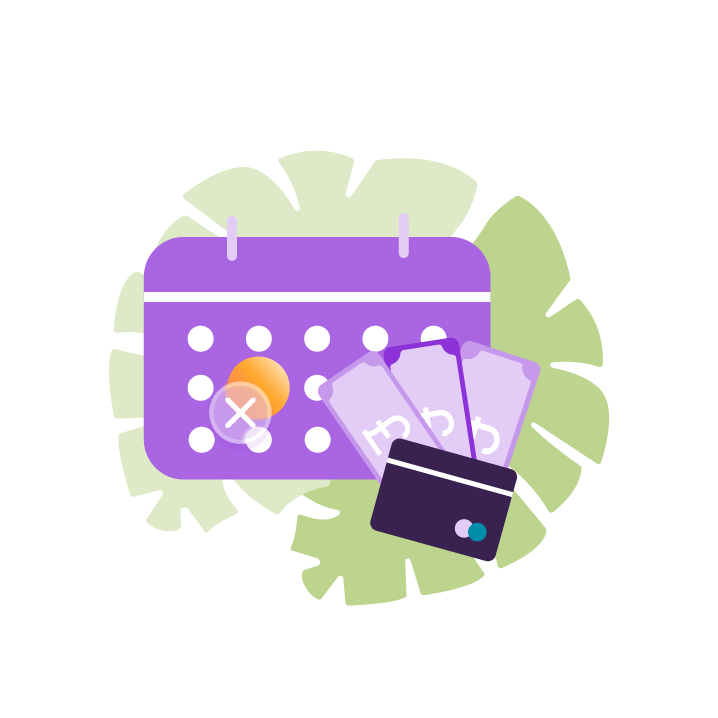
What happens if I can’t pay back my personal loan?
Failing to repay a personal loan will have consequences. Read more to find out about what happens if you can't repay your personal loan.
In this article:
- What happens if you don't pay back a personal loan?
- How can I repay my personal loan?
- What can you do if you can't pay back a personal loan?
- How does a debt consolidation loan work?
- What are your other options if you can't pay back a personal loan?
- Can you be taken to court if you don't pay back a personal loan?
- What is a default notice?
- What is a County Court Judgment or CCJ?
- Can you file bankruptcy if you can't pay back a personal loan?
- What happens to my credit report if I can't pay back a personal loan?
- What is Breathing Space?
- What is a Payment Break?
- Summary
People take out personal loans for many different reasons, and often when we take one out, we have every intention of paying it back. Borrowing money can be beneficial and can even improve your credit score, but that's only if you're meeting loan repayments on time and in full.
But circumstances change. Many things can lead to missed payments and not being able to afford to repay your debts - redundancy, emergency costs, lost hours. Personal loan debt can quickly get out of control and lead to financial difficulty.
So let's take a look at what you can do if you can't afford your personal loan repayments, and how to get back on track.
What happens if you don't pay back a personal loan?
The first thing that will happen when you miss a loan payment is that you may be charged a fee, or lose any 0% or low interest rate promotions. The average charge is £25.00 on a personal loan but this could be more depending on the number of payments missed. It also means your debt will only be increasing, so it's best to avoid missed payments when possible.
If you miss a loan repayment, you may have to pay more the following month to catch up on arrears and some lenders will charge you a missed payment fee. The same can happen if you're not meeting the minimum payment or making your repayment in full - your loan provider may charge you a fee. So meeting your payments, in theory, could save money.
Our tips: If you're continually missing payments, your lenders may pass your debts on to a debt collection agency.
How can I repay my personal loan?
The first thing to do if you're struggling financially with debts is to reconsider your budget. It may sound obvious, but it's time to re-budget. Write down all of your incomings and outgoings and see if there's anything you could do without.
We don't mean foregoing priority bills, such as council tax or utility bills, but other expenses like TV or media subscriptions, beauty or gym, takeaways, or social events that could be missed for a month or two. It's never easy to cut back, but it's the small things that add up and end up costing you more. Cutting back on a few of these "luxuries" could save you from having to take more drastic action and get your finances back on track. You just need to be honest with yourself about what you're really spending money on.
Our tips: Always make sure you have a direct debit set up to repay your personal loan - this way you won't miss a payment.
What can you do if you can't pay back a personal loan?
You have several options if you still can't afford to repay a personal loan.
If you're worried you are going to miss payments, it's important to act immediately. Firstly, by contacting your creditor and explaining that you're having financial difficulty. If you give your loan provider warning that you may not meet your monthly repayments and why, they may be more lenient.
If you don't think you'll be able to afford to meet your regular monthly payment for a while, it's time to start thinking about what you can do to amend how much you repay each month. Directly contacting your lender straight away and asking for a reduced monthly payment may work, but there's no guarantee.
In this case, you could consider a consolidation loan as it could allow you to reduce your debt repayments.

How does a debt consolidation loan work?

Debt consolidation loans work by enabling you to borrow enough money to repay your debts in full and then you repay the debt consolidation company instead. It's an opportunity for you to reduce your monthly loan payments, as a financial advisor will work with you to create an affordable budget.
You'll only be allowed to include non priority debts and unsecured loans, such as personal loans or credit card debt, but it's a way to consolidate all your debts in the form of an unsecured loan into one affordable monthly repayment.
Apply NowWhat are your other options if you can't pay back a personal loan?
There are many different debt solutions available that can help you get back on track.
Another option you may want to consider is an Individual Voluntary Arrangement or IVA. This can be beneficial if you have several debts totalling £5,000 or more.
You may also want to look into a Debt Management Plan or DMP. A Debt Management Plan is best if you owe a smaller amount of money but are still making several payments to several lenders each month. Find out more about Debt Management Plans here.
There are also more extreme options like Bankruptcy which you may consider if you're dealing with secured loans, aka a loan that's been secured with an asset. But with Bankruptcy, you risk losing your assets such as your home or car.
Every circumstance is different, so make sure you get debt advice before signing up for any kind of debt solution.
Can you be taken to court if you don't pay back a personal loan?
Yes, you can be taken to court if you don't repay a personal loan, but it doesn't normally get that far. This will only happen if you've missed several loan payments and you've been issued with a default notice, failing to meet the required payments to get back on track. This is when you may be issued with a County Court Judgement and have to attend court.
What is a default notice?
A default notice is a letter from your creditor to inform you that your account is close to default because of missed payments. You'll usually only receive one if you've missed or underpaid your loan repayments for three to six months.
They will give you some time, usually a fortnight, to correct the payments and catch up on arrears. After that, if you do not meet the loan repayments, your account will default and this could have serious consequences such as damaging your credit score.
Not only will it be put on your credit file but you may be issued with a County Court Judgment.
Will a default notice affect your credit score?
A notice of default doesn't affect your credit score but if your account defaults, it will. It will show on your credit report that you've failed to meet monthly payments. Lenders will see this if you want to borrow money in the future and they may not allow you to take out a new loan, including a mortgage.
What is a County Court Judgment or CCJ?
A County Court Judgement or CCJ is a court order that a creditor may file against you if you are continuing to miss monthly payments. A CCJ, if unpaid in 30 days, will be added to your credit record for six years, meaning you may struggle to borrow money for the duration of those years.
It will seriously damage your credit score and could result in further court action.
Can you file bankruptcy if you can't pay back a personal loan?
Yes, you can file for bankruptcy if you can't pay back a personal loan, but bankruptcy is usually seen as a last resort. This is because you will have to sell your assets, such as your house or car to make repayments, and you will be put on an insolvency register.
Most people will opt for another debt solution, such as a debt consolidation loan before choosing to file for bankruptcy.
What happens to my credit report if I can't pay back a personal loan?
Your credit rating will be affected if you can't pay back a personal loan. Credit Reference Agencies will note every missed payment and that can pull your credit score down, affecting your chances of being able to borrow in the future. A loan provider will look at your credit report to decide whether or not to lend to you. Ultimately, it's important to remember that missed payments damage your credit score.
If you're having financial difficulties, it's always best to reach out to someone such as a credit counselor or a financial expert, who can talk you through your options and stop the situation from getting any worse.
You could be entitled to "Breathing Space.”
What is Breathing Space?
Breathing Space, otherwise known as The Debt Respite Scheme, is a way to get a break from your creditors to choose the right debt solution. You will still need to repay your debt during this time - it is not a payment break - but if you're accepted, they will freeze interest rates and fees, meaning the money you owe won't keep increasing.
To apply for breathing space, find out more on the GOV.UK website.
What is a Payment Break?
A payment break is a short-term temporary period where you don't need to repay your loan. However, usually you'll still incur interest and charges during this time.
If you know you're going to miss a payment, or several to your personal loan, you may be able to negotiate a payment holiday or payment freeze with your lenders. It'll be a short-term temporary period and usually, you'll still incur interest and charges during this time.

To summarise
If you can't pay back your personal loan, you need to do the following:
- See if you can afford to pay by making a thorough and realistic budget, cut back on non-essentials
- If that's not possible, contact your creditor immediately and let them know the situation
- If you know you will default on payments repeatedly, look into a long-term debt solution
- At this point, you may want to apply for Breathing Space
- Get debt advice by speaking to a financial adviser online or through a debt solutions company
- Find the best debt solution for you and take action before the situation gets worse
Worried about your credit file?
All debt solutions will affect your credit score. However, if you're making repayments on time and in full, in the long term, your credit score should improve.
We consider everyone at Consolidation Express. If you're looking for a debt consolidation loan for bad credit, we may be able to help.
Apply Now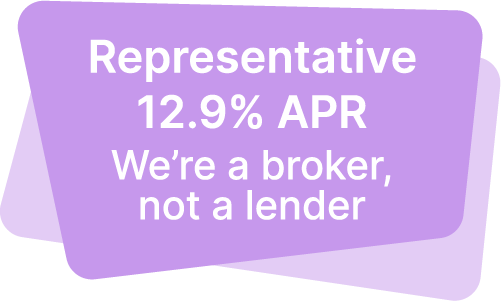
Representative Example: Borrowing £7,500 over 60 months, repaying £167.57 per month, total repayable £10,054.20.
Total cost of credit £2,554.20.
Interest rate 12.9% (variable).
The lenders on our panel offer loans for 12-120 months, with rates from 4.4% APR to 49.9% APR.
